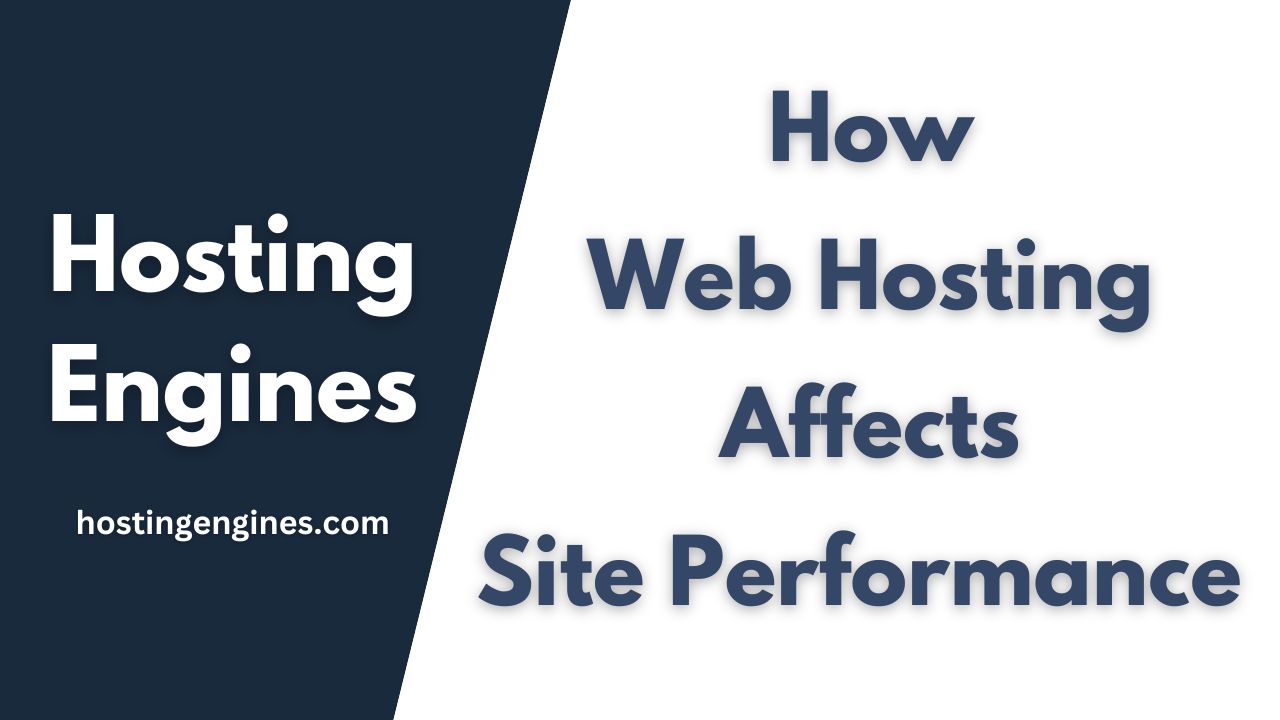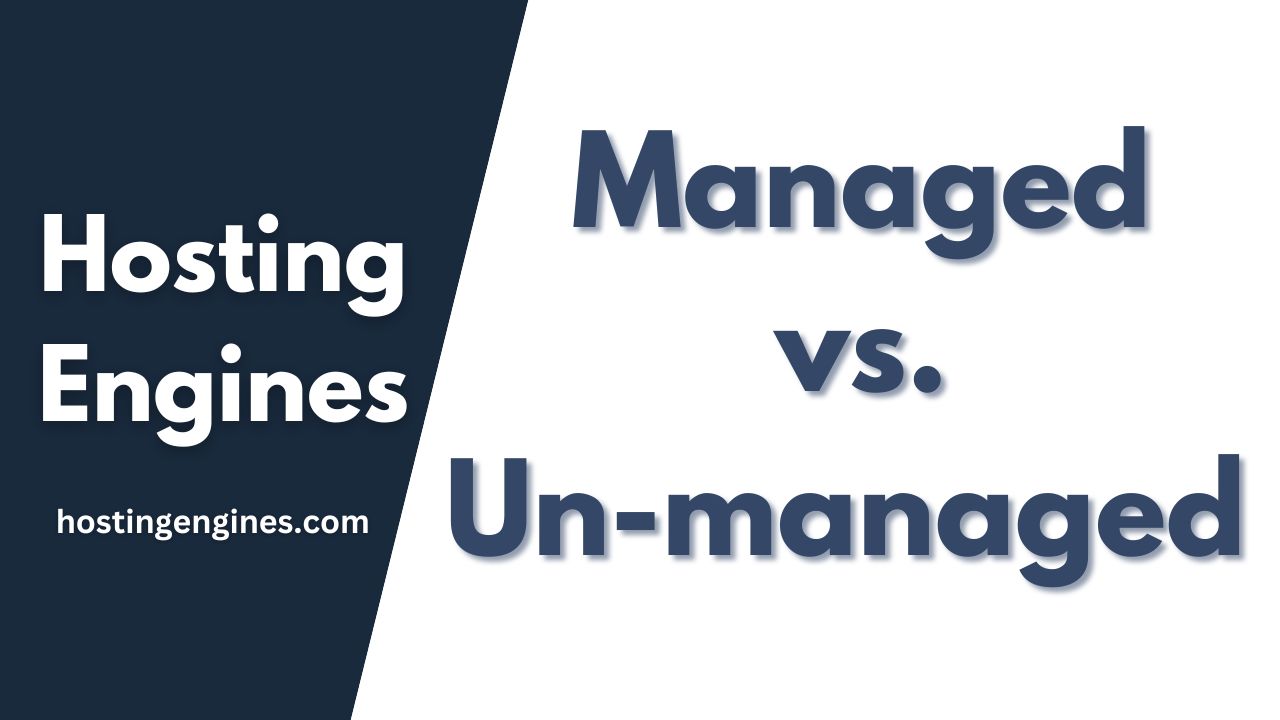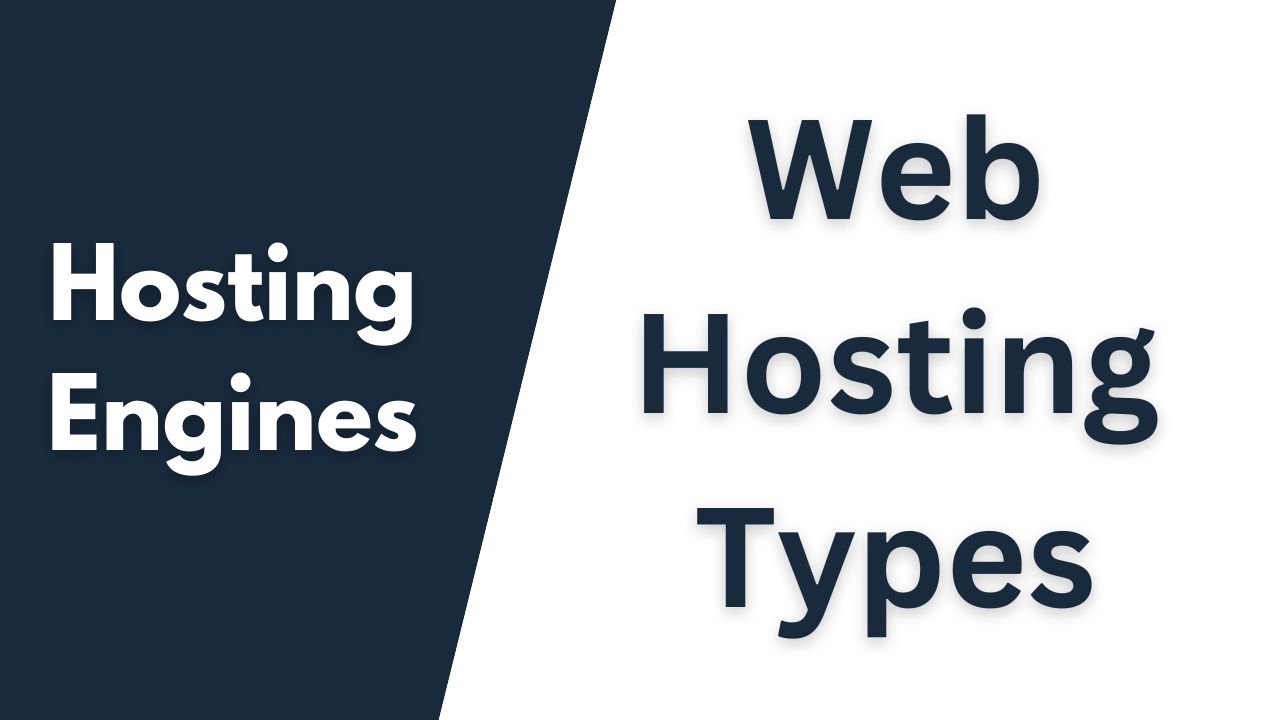Web Hosting is a service that is provided by a hosting provider to offer a place for your website on the Internet.
If your web host provides low performance, then your website will face serious downtimes, page speed, and ranking issues. And vice versa.
Why Does Website Performance Matter?
Website performance can significantly affect your website’s ranking on search engines as well as user experience.
If someone comes to your website and finds any difficult to access, there is a good chance that person will go to your competitors.
Also, search engines like Google made factors such as uptime and loading time like LCP, and FCP ranking factors. If you want to rank higher on Google, you will need to achieve certain scores.
Of course, you can use proper plugins, lite themes, and external tools to improve your website’s performance.
However, the primary determinant of your website’s performance hinges on its hosting quality. Should the hosting fall short, a high-performance site will not be achievable.
How Web Hosting Impacts Website Performance?
Web hosting can impact various aspects of how quickly and efficiently your website loads and functions. Here’s how web hosting impacts website performance:
1. Web Hosting Type:
There are many types of web hosting, each is suitable for certain websites.
- Shared Hosting: Websites share server resources with other sites. It can lead to slower performance if other sites experience high traffic.
- VPS Hosting: Virtual Private Servers offer more resources and isolation, improving performance compared to shared hosting.
- Dedicated Hosting: The entire server is dedicated to one website, providing the highest level of performance and control.
If you host a big site or eCommerce store on shared hosting, don’t expect to perform any good, and vice versa.
2. Server Resources:
Server resources such as CPU, RAM, and disk space affect how fast your website can process requests and deliver content.
Insufficient resources like bandwidth can lead to slow loading times and even downtime, especially if your site gets traffic spikes.
3. Security:
Web hosting impacts security through server maintenance, software updates, and firewalls. Poorly managed hosting can make your site vulnerable to attacks.
Many hosts such as Cloudways offer layers of security, so it’s hard for spammers and cyber attacks to hack your website server.
4. Loading Speed:
As you read previously, faster loading times lead to better user experience and SEO rankings.
Server resource type and other approaches influence how quickly your website loads.
A server hosted on an HDD storage disk performs very slow loading time, while an SSD disk performs three times faster, and an NVMe SSD performs 10 times faster.
5. Uptime:
Uptime refers to the percentage of time your website is accessible to users. This can also affect user experience and SEO rankings.
Reliable hosting ensures minimal downtime and other hosting like Vultr offers 99.99% uptime and a 100% uptime guarantee.
6. Customer Support:
Good customer support helps in resolving technical issues, therefore, your site will run with no issues.
This is especially important for beginners. If the reputation of a web host is bad regarding customer support, and you feel you need support, try to avoid it for a better one.
7. SEO:
Overall website performance affects SEO rankings. As Google said, slow loading time, frequent downtime, cumulative layout shift, etc. can lead to lower search engine rankings.
8. Scalability:
Scalable hosting allows your website to handle increased traffic without performance issues.
As your site grows, the hosting should provide the resources needed to maintain optimal performance.
What is the Required Hosting Performance?
The required web hosting performance depends on your site type and needs. However, here are some general benchmarks:
- Loading Speed: Webpages should load in less than 1 second on the desktop version and less than 2.5 seconds on mobile.
- Uptime: The website minimum uptime should not be less than 99.9%.
- Traffic Volume: Your hosting solution that can handle a sudden high volume without slowing down or crashing.
How to Measure Website Performance?
To measure website performance, you can use tools such as Google PageSpeed Insights, GTmetrix, Pingdom, and WebPageTest.
Also, if you use WordPress, you can use plugins like WPPerformanceTester and WordPress Hosting Benchmarking Tool.
These tools provide insights into many performance metrics and offer suggestions for improvement.
Best Hosting Services for Best Performance
- For shared hosting, Hostinger and DreamHost.
- For WordPress and cloud-managed hosting, Cloudways is the best choice.
- For developers who want unmanaged hosting, DigitalOcean can match your needs.
Bottom Line
Web hosting is a critical factor for a website’s performance. The type of hosting, server resources, security, loading speed, uptime, and scalability all shape how your site functions.
Website performance impacts user experience and search engine rankings. Slow sites and frequent downtimes can drive visitors away, affecting your online presence.
Choosing the right web hosting type and ensuring enough server resources are essential for maintaining good website performance.
Read also:
How Much Does Website Hosting Cost?
How Do Website Hosting Services Work?
What to Look For in a Web Hosting Service?






